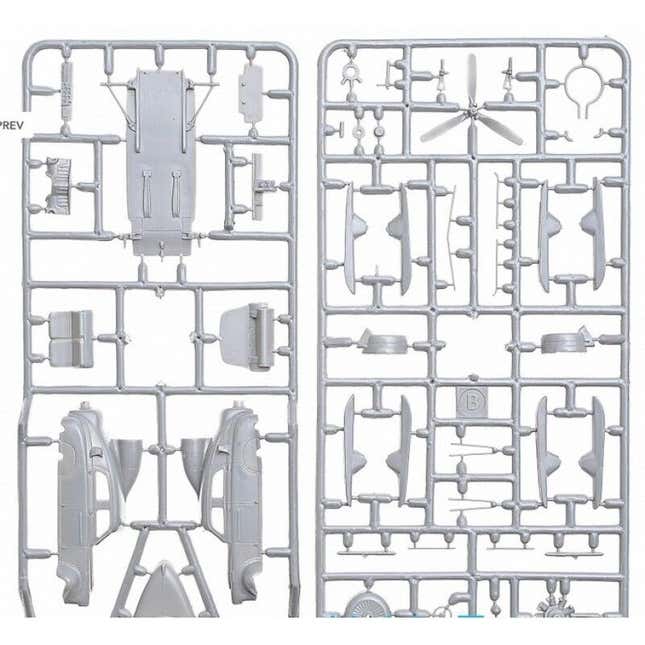Picture this: You’re a mail carrier in the USSR, 40 years after the fall of the Tsar. You’ve got places to go, letters to deliver, but the infrastructure around you isn’t exactly replete with bullet trains and six-lane highways. How are you going to cross the hectares separating you from your mail route?
You’d use this: The Kamov Sever-2, just a GAZ M20 body with skis and an Ivchenko AI-14 airplane engine strapped to the chassis. The Sever-2 was designed by helicopter engineer Nikolai Ilyich Kamov to exacting requirements laid out by the Ministry of Communications, not unlike the process for building a new postal truck here in the States — which, of course, means that the project appears to have worked out about as well as postal trucks here in the States.
Orders came down from on high for a new mail vehicle in 1957, and Kamov’s design — which built on engineering from, of all people, Igor Sikorsky — was approved by January of the following year. Further changes were made during prototype testing, including rumors of a Teflon-like coating on the skis to stop snow from sticking, and the vehicle was put into use in November of 1959. Almost immediately, operators began to report more problems, according to Ingenium Canada:
The crews of the Sever gradually discovered that, even with all the improvements added since the first trials, the new aerosled was not fully satisfactory. The limitations of its heating system, combined with the limited amount of insulation, forced crews to travel with their heavy clothing, which proved cumbersome given the small size of the cabin. As well, the suspension system of the Sever, which was very similar, if not identical to that of the Pobeda, was simply not strong enough given the heavy loads of mail and the roughness of the terrain. It has been suggested that the stresses endured by the structure and suspension system of the aerosled were 5 times those endured by a typical Pobeda. In any event, not enough Severs were ordered given the size of the territory they were ministering to.
These issues meant that by 1962, Kamov had already drawn up a successor —the KA-30, a purpose-built 11-seater that lacked the compromises of a borrowed automotive chassis. But while the KA-30 was functionally superior to the Sever-2, it never managed to look quite as good as that original GAZ chassis. After all, which one went on to become a model kit?

Only 100 Sever-2s were ever built, and it’s unclear how many still exist — they were set to be scrapped when the KA-30 was introduced, but at least one still sits in a museum in Moscow. It’s nice that at least one is still kicking, so we can all appreciate just how beautiful the design is — and how wild mail delivery in the USSR of the 1950s must have been.

